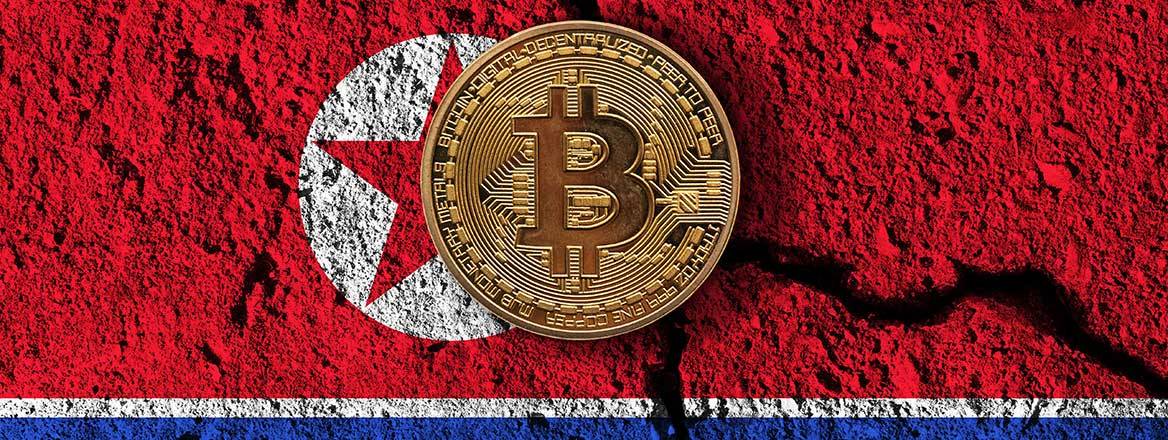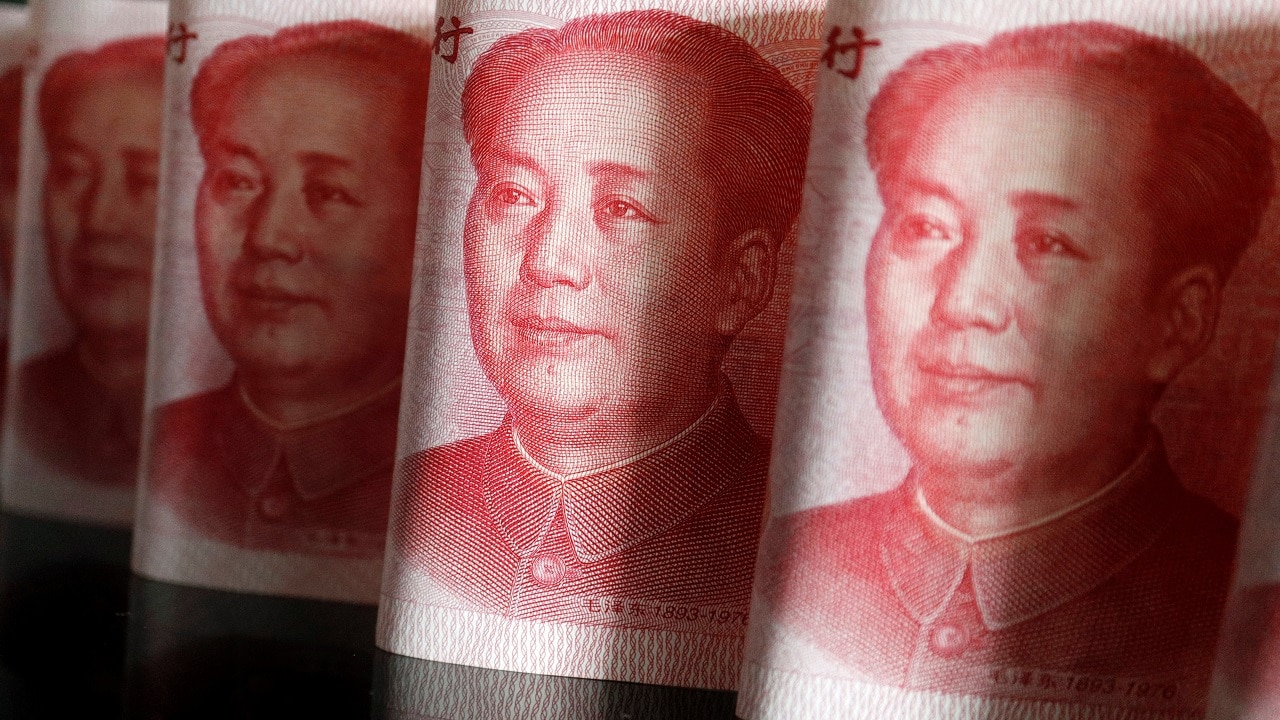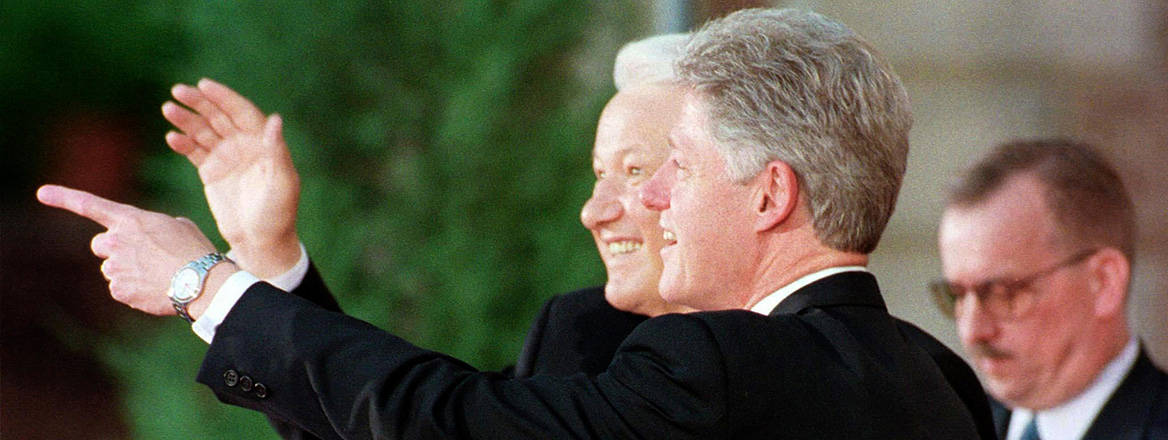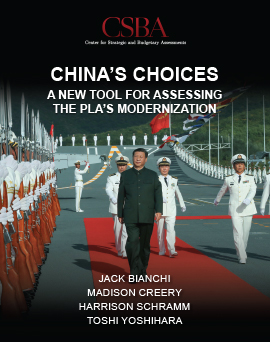David Brewster

A revolution is now happening in maritime domain awareness that will have a profound impact on maritime security in the Indo-Pacific. The Quad’s Indo-Pacific Partnership for Maritime Domain Awareness, announced at the leaders’ summit in Tokyo in May, will combine new satellite-based technologies with existing systems to help identify illicit maritime actors. This and similar initiatives will be provide a significant boost to the ability of many Indo-Pacific countries, especially small island states, to govern their waters.
Maritime domain awareness involves gaining situational awareness of the maritime environment, especially through an understanding of the position and intention of actors in a given maritime space. It is fundamental to understanding what’s out there, what it’s doing and what should be done about it.


















